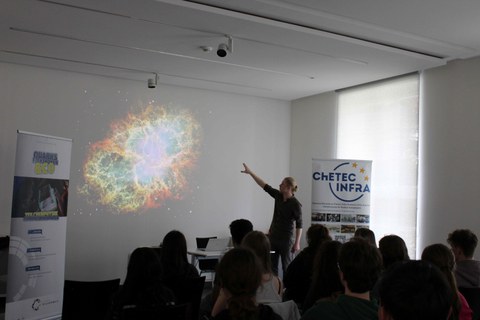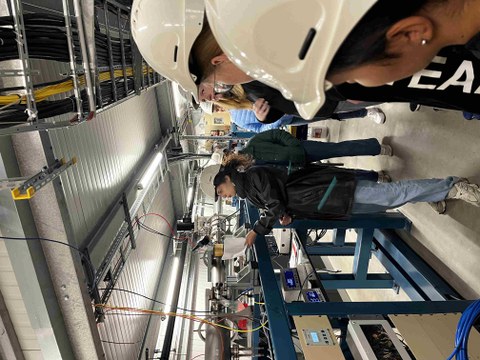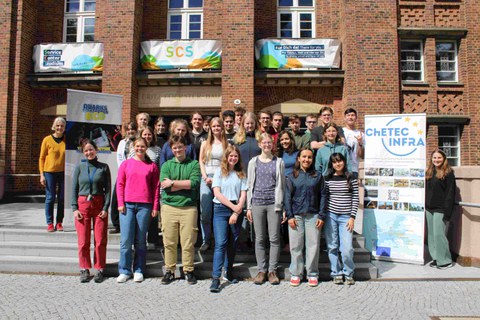From May 5 to 8, 2025, 24 students from the national excellence school network MINT-EC were hosted as guests at the TUD Dresden University of Technology. As part of a four-day camp on astrophysics, they gained exciting insights into current research into the physics of stars.

Together with scientists from the Institute of Nuclear and Particle Physics (IKTP) at TU Dresden and the Helmholtz-Zentrum Dresden-Rossendorf, the young people explored key questions in astrophysics. The focus was on experiments and theories on the formation of chemical elements and the development of stars. In hands-on workshops, they analyzed experimental data – for example with measurement data from the underground laboratory “Felsenkeller”, which they visited as part of the camp. There they experienced how particle accelerators are used to research processes that take place deep inside stars. The camp concluded with a presentation of the young people’s own initial research findings, which they develop over the four days.

Getting to know Dresden as a place to study is also part of the program. During a campus tour, the participants gained an insight into life and learning at TU Dresden. In the evening, they explored Dresden’s Neustadt district together with students.
The camp participants were selected from 140 applications from MINT-EC schools throughout Germany. One student traveled from the German School Quito in Equador to Dresden to take part in the astrophysics camp.
The astrophysics camp took place at a particularly exciting time: The German Center for Astrophysics (DZA) is currently being built in Lusatia – with the cooperation of TU Dresden. The young people thus experienced research at the cutting edge of a highly innovative field of science with great future prospects.

The MINT-EC Camp is made possible by the EU project ChETEC-INFRA, which is funded by the European Union’s Horizon 2020 research and innovation program under grant agreement no. 101008324.
More information at the press release in English, or in German.
